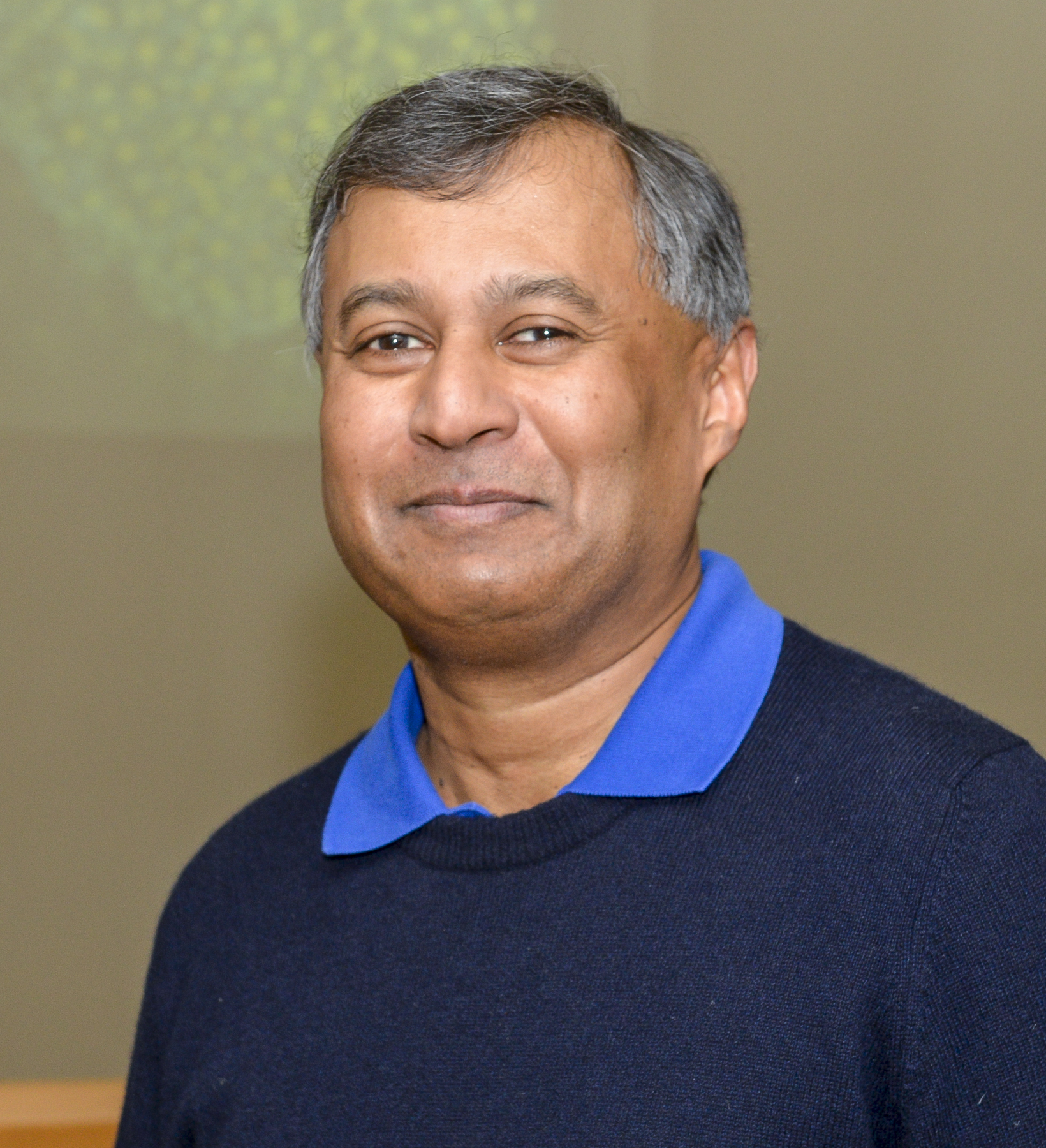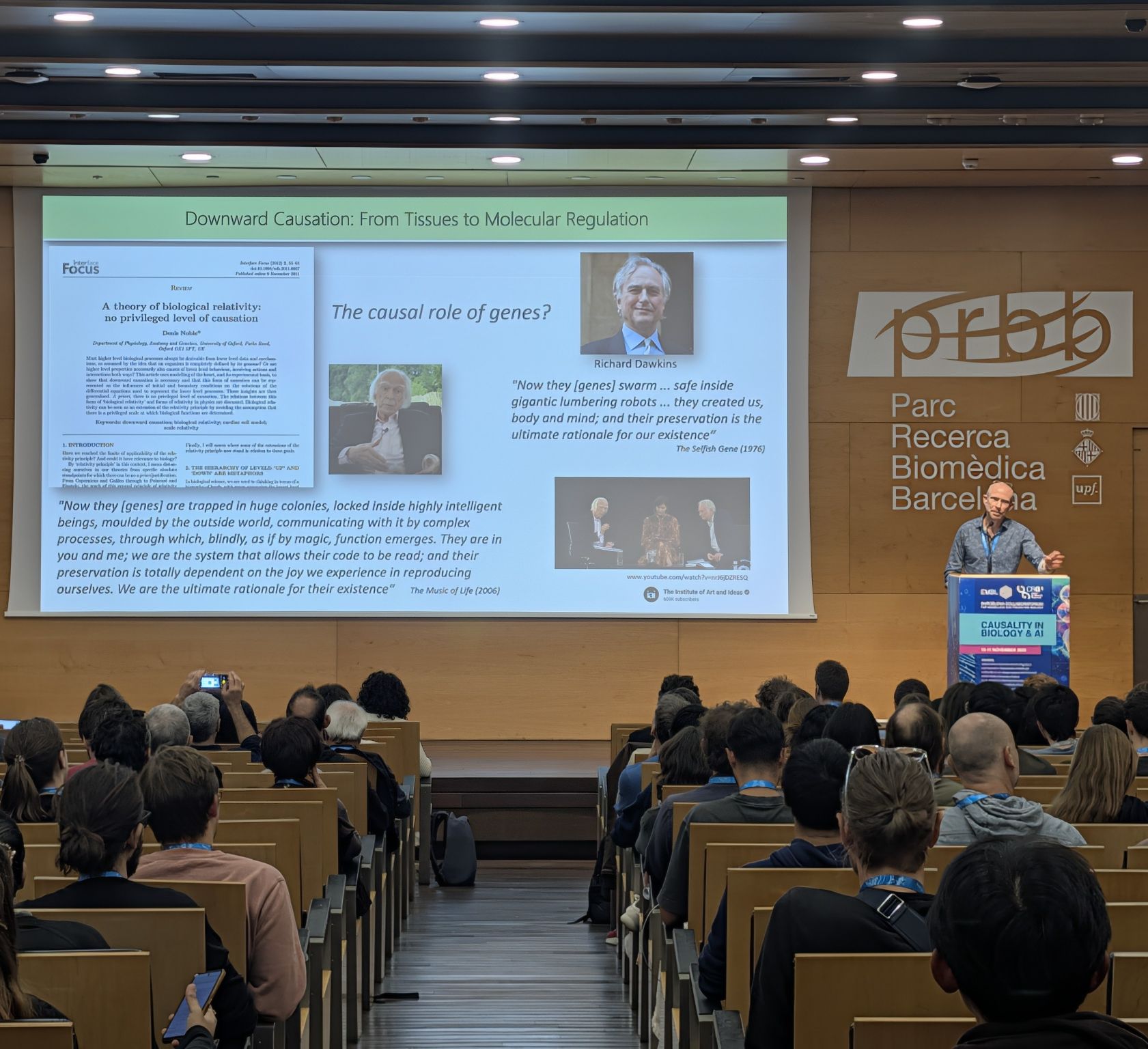The Barcelona Collaboratorium hosts its first event since its opening

The Barcelona Collaboratorium for Modelling and Predictive Biology is a new space, coordinated by EMBL and CRG, to promote theory and mathematical modelling in biology, and to strengthen interactions between different disciplines. During the summer of 2023 the Collaboratorium celebrated a milestone as it hosted its first event since its establishment. From 19–23 June 2023, we welcomed both teachers and participants of the EMBO Practical Course ‘Computational modelling of multicellular systems’.
The scientific organisers of the course were Katie Bentley (Group Leader at The Francis Crick Institute and Senior Lecturer at Kings College London), Alejandro Torres-Sánchez (Group Leader at EMBL Barcelona) and James Sharpe (Head of EMBL Barcelona and co-chair of the Barcelona Collaboratorium).
The course focused on the dynamics of multicellular systems – from embryos to organoids, covering both the molecular side (how gene regulatory networks perform pattern formation) and the mechanical side (how the movements and activities of many cells together lead to tissue-level morphogenesis and organisation), the latter in both 2D and 3D. Each day of the course delved into a specific area of interest, including agent-based modelling, vertex models, pattern formation, Gene Regulatory Network (GRN) dynamics and cellular movements, and finite element models. Each day concluded with a keynote lecture by a prominent researcher in the field, putting the topic of the day into context through a relevant biological research example.
Designed for experimental biologists with little or no experience in computer modelling, this was a very ‘hands-on’ course where students had to take part in several practical sessions as well as work together on some group projects, which were presented during the last session of the week. The Barcelona Collaboratorium provided an ideal setting for these activities, offering separate spaces for group work and a spacious breakout area facilitating networking among course participants, teachers, and Collaboratorium fellows.
At the end of the course, the participants provided very positive feedback about the comprehensive course content and highlighted how much they learned during the course. The scientific organisers also reported how much they enjoyed participating in this and plan to look into opportunities to organise it next year.






